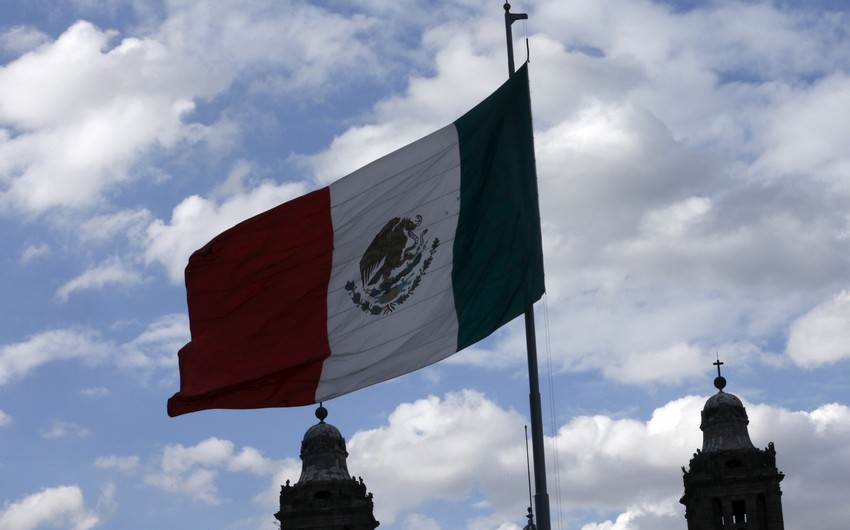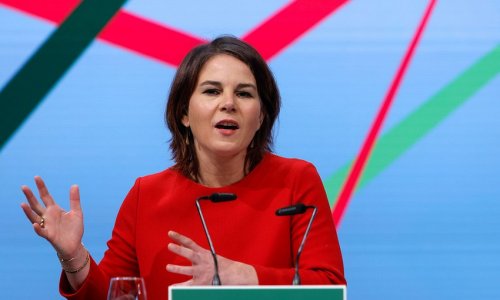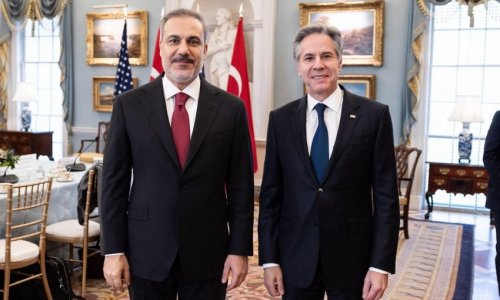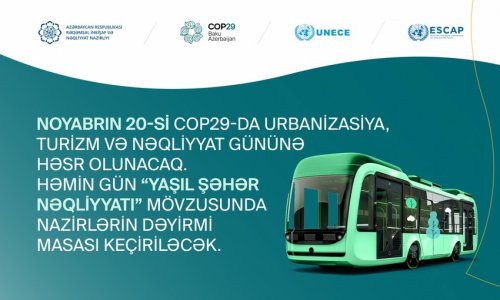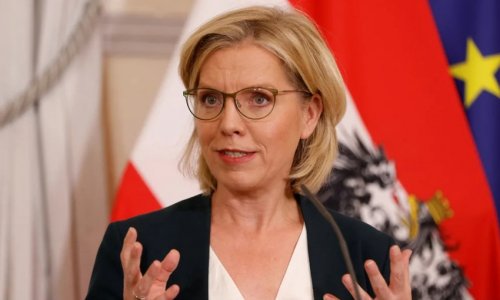According to the information from the Azerbaijani Embassy in Mexico that the author said this year marks an important stage in the global fight against climate change, emphasizing that Azerbaijan, located at the intersection of Europe and Asia, demonstrates a strong commitment to sustainability and transition to a low-carbon economy.
Speaking about Azerbaijan's leadership in this context, despite the oil industry, the author stated that the serious approach of such countries to the problem of climate change gives hope. The author noted that Azerbaijan has made significant progress in the field of sustainability, invests in renewable energy sources, in particular solar and wind energy, and makes appropriate decisions to reduce dependence on fossil fuels, becoming a regional leader in clean energy thanks to its strategic location and important natural resources.
The author recalled that the wind energy potential of the Caspian Sea is about 157 GW. The article states that Azerbaijan is a country with great potential in terms of renewable energy sources and technical capabilities, where solar (Garadagh, Shafag) and wind (Khizi-Absheron) stations have recently been built, and additional wind and hydroelectric power projects are being implemented.
The article emphasized that these initiatives reflect Azerbaijan's commitment to expand renewable electricity generation capacity as part of a strategy to achieve a 30 percent renewable energy share in electricity production by 2030.
Regarding Mexico's position on climate change, the author noted that under the leadership of the newly elected president of the country, active environmental advocate Claudia Sheinbaum, the country attaches great importance to its climate change commitments. The author stated that Mexico, as an important actor on the international arena and a member of the G20, given its good bilateral relations with Azerbaijan, can demonstrate its commitment and active participation in this important issue, and that both countries face similar challenges in adapting to climate change and transitioning to renewable energy sources.
The author also emphasized the importance of developed countries' financial assistance to developing countries to implement strategies to mitigate and adapt to climate change. Recalling that Mexico is largely vulnerable to the effects of climate change, the author spoke about the possibility for the country and other developing states to benefit from climate financing that will be discussed at COP29.
"This funding is crucial for green infrastructure projects, renewable energy sources and climate resilience programs. The COP29 agenda will include discussions on climate finance mechanisms, implementation of the Paris Agreement and international cooperation to reduce greenhouse gas emissions, and is expected to address topics such as climate justice, resilience of vulnerable communities and technological innovations to combat climate change," the article says.
In conclusion, regarding Mexican-Azerbaijani ties, the author notes that relations between the two countries are strengthening, and the two countries share common interests in areas such as education, culture and especially environmental protection. The author emphasizes that cooperation on sustainable development projects can benefit both countries in terms of knowledge exchange and green technologies.
"COP29, which will be held in Azerbaijan, is a unique opportunity for countries to reaffirm their commitment to the climate agenda and cooperation in innovative solutions. This conference will be an important platform for Mexico under the leadership of Sheinbaum to once again reaffirm its commitment to environmental issues and explore new opportunities for international cooperation," the article notes.
www.anews.az
Follow us !

